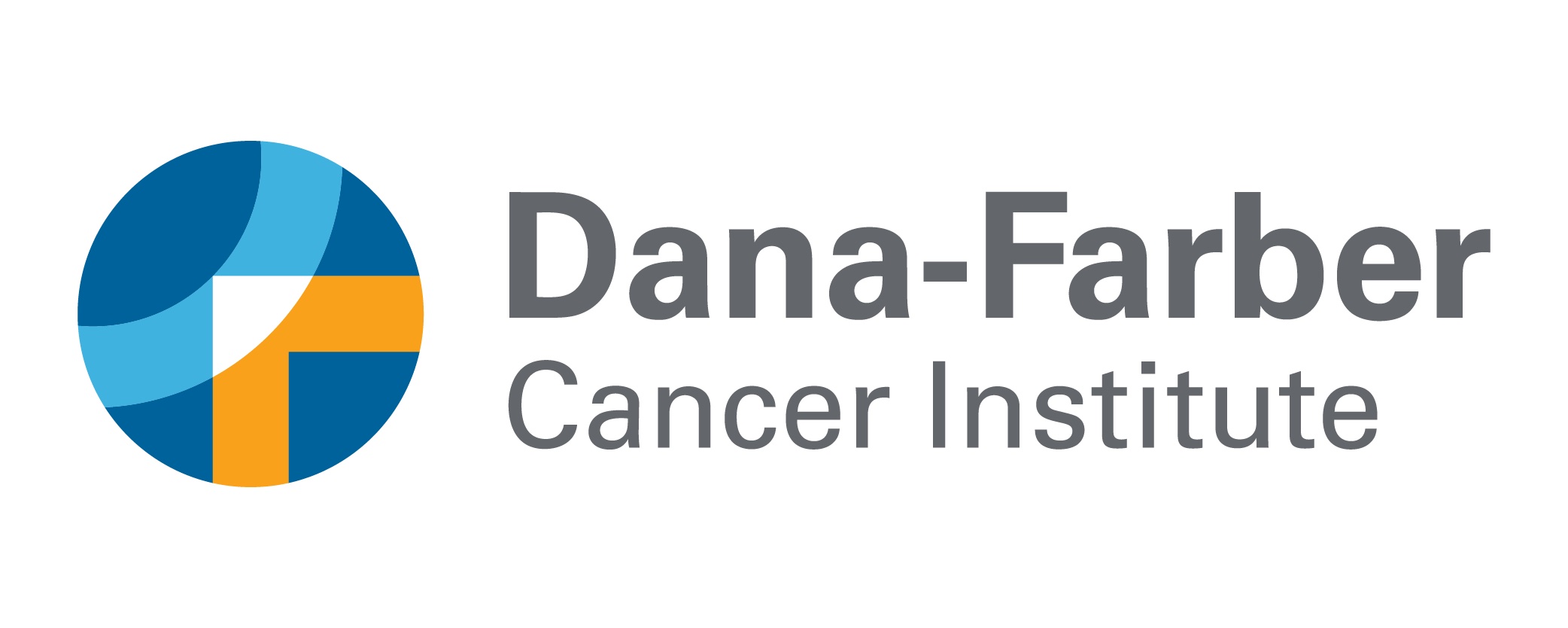Newswise — Boston – It’s time to kick off of outdoor grilling season and that means plenty of picnics and parties with lots of grilled goodies. But before taking that first juicy bite, there are a few things to know about barbequing safely. All that sizzling and flipping on the gas or charcoal grill may also be cooking up cancer-causing chemicals, warn experts at Dana-Farber Cancer Institute. And surprisingly, those chemicals have been linked to breast, stomach, prostate, and colon cancer, according to the American Institute for Cancer Research.
But Stacy Kennedy, MPH, RD, CSO, LDN, a Dana-Farber nutritionist, says that doesn’t mean giving up those tasty summer time treats like burgers, steaks, and ribs. “It’s really about planning ahead and making wise choices.”
There are two risk factors to keep in mind. First, research has shown that high-heat grilling can convert proteins in red meat, pork, poultry, and fish into heterocyclic amines (HCAs). These chemicals have been linked to a number of cancers. “What happens is that the high temperature can change the shape of the protein structure in the meat so it becomes irritating in the body and is considered a carcinogenic chemical,” explains Kennedy.
Another cancer-causing agent, called polycyclic aromatic hydrocarbons (PAHs), is found in the smoke. PAHs form when fat and juices from meat products drip on the heat source. As the smoke rises it can stick to the surface of the meat. “That’s where the main cancer causing compound occurs in grilling,” says Kennedy. “So you want to reduce the exposure to that smoke.”
How to lower the risk? Here are some tips:
Prep the Meat- Choose lean cuts of meat, instead of high-fat varieties such as ribs and sausage.- Trim all excess fat and remove skin.- When using marinades – thinner is better. Thicker marinades have a tendency to “char,” possibly increasing exposure to carcinogenic compounds. - Look for marinades that contain vinegar and/or lemon. They actually create a protective barrier around the meat.
Limit time – limit exposure- Always thaw meat first. This also reduces the cooking time.- Partially cook meat and fish in a microwave for 60 to 90 seconds on high before grilling and then discard the juices. This will lower cooking time and reduce risk of cause smoke flare-ups.
Grilling techniques- Flip burgers often - once every minute for meat burgers – to help prevent burning or charring.- Place food at least six inches from heat source.- Create a barrier to prevent juices from spilling and producing harmful smoke. Try lining the grill with aluminum foil and poking holes, and cooking on cedar planks.
Plan ahead and choose wisely- Lean meats create less dripping and less smoke.- Choose smaller cuts of meat, like kabobs, as they take less time to cook.- Try grilling your favorite vegetables. They do not contain the protein that forms harmful HCAs.
“People are surprised, but you can safely eat charred vegetables. They have different proteins that are not affected the same way as the meat protein,” says Kennedy. In fact, Kennedy stresses if you love to barbeque – no need to panic. “People need to keep this in perspective,” explains Kennedy. “If you’re grilling and following the proper safety tips, the risk of getting cancer from grilling food is very low.” She says it’s more important to maintain a healthy weight and eat a balanced diet, rich in fruits and vegetables. “Remember to try to have a plate that is full of colorful foods,” says Kennedy. “Being overweight or obese, which are at epidemic levels in the U.S., are far greater risk factors for developing cancer than the consumption of grilled foods.”
For healthy additions to any summer barbeque, Kennedy also suggests several healthy recipes like Grilled Fruit Kabobs, Marinated Vegetable Kabobs, Veggie Burgers or Salmon Burgers. For something refreshing, try Strawberry Watermelon Gazpacho, or Cowboy Caviar. All can be found with other nutritious recipes on Dana-Farber’s nutrition pages or by downloading the free nutrition app for the iPhone®, Ask The Nutritionist; Recipes for Fighting Cancer.
About Dana-Farber Cancer InstituteDana-Farber Cancer Institute (www.dana-farber.org) is a principal teaching affiliate of the Harvard Medical School and is among the leading cancer research and care centers in the United States. It is a founding member of the Dana-Farber/Harvard Cancer Center, designated a comprehensive cancer center by the National Cancer Institute. It provides adult cancer care with Brigham and Women’s Hospital as Dana-Farber/Brigham and Women’s Cancer Center and it provides pediatric care with Boston Children’s Hospital as Dana-Farber/Boston Children’s Cancer and Blood Disorders Center. Dana-Farber is the top ranked cancer center in New England, according to U.S. News & World Report, and one of the largest recipients among independent hospitals of National Cancer Institute and National Institutes of Health grant funding. Follow Dana-Farber on Facebook: www.facebook.com/danafarbercancerinstitute and on Twitter: @danafarber. ###


